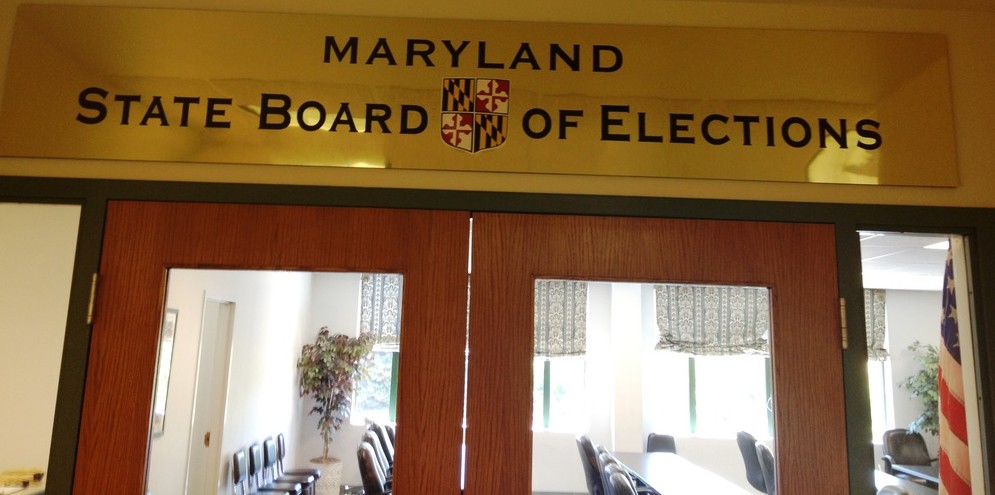By Len Lazarick
How do you get your name on hundreds of thousands ballots in Maryland, get listed in multiple voters guides, get invited to candidate forums across the state, and all with very little effort?
Plunk down $290 to the State Board of Elections, fill out a few forms and wait for the candidate questionnaires and forum invitations to roll in. That’s how you do it if you’re a registered Democrat or Republican wanting to run for governor, U.S. senator, attorney general or comptroller.
Maryland is one of the easiest states to get on the statewide ballot, according to data compiled by Ballotpedia, a nonprofit online compendium about American elections.
Many states have low filing fees for public office, but most of those states also require collecting 1,000 or more signatures from registered voters to get on the ballot for the top offices. Other states have both petition requirements and high filing fees.
Maryland, as do most states, only has signature requirements for independent candidates.
Pennsylvania, Virginia, Massachusetts
In Pennsylvania, for instance, the filing fee to run for governor or U.S. senator is a mere $200, but you must collect 2,000 signatures supporting your candidacy as well.
In Virginia, both the filing fees and the petition requirements are steep. The filing fee is 2% of the annual salary of the office being sought. For governor and U.S. senator that amounts to $3,500 and $3,480 respectively. On top of that, you need to collect 10,000 signatures, with at least 400 from each of the 11 congressional districts, a fairly daunting task.
Virginia, like other states requiring petitions, has lower signature requirements for lesser offices.
Massachusetts, too, requires 10,000 signatures for the top statewide offices, 2,000 for U.S. representative, and 150 for state representative.
All the way down the Maryland ballot
Maryland’s easy filing requirements apply all the way down the ballot. It costs $100 to file for the U.S. House, just $50 to run for the Maryland General Assembly and a mere $25 for county council or county commission.
This makes Maryland ballots long and cumbersome, and it may become an issue for election officials in this year’s Democratic primaries since Maryland has returned to paper ballots.
This is particularly true in Montgomery County, where 29 Democrats filed for the four at-large seats on the county council and six Democrats are running for county executive. There are also candidates for each of the five council districts and eight legislative districts, the U.S. House and five statewide offices.
Statewide, seven Democrats are running for U.S. Senate, including incumbent Ben Cardin, and five Republicans are running for the seat, including perennial candidate Blaine Taylor. He enjoys the distinction of having run for the seat as both a Democrat and Republican, and spending less than $1,000 on each of his multiple campaigns.
An interesting side note, just a week away from the Feb. 27 filing deadline, as of Friday close of business, none of the prominently mentioned candidates for governor — seven Democrats and incumbent Republican Larry Hogan — had filed candidacy and a running mate. Three Democrats have announced running mates.





“Maryland, as do most states, only has signature requirements for independent candidates.”
Sounds like yet another way for the parties to try to keep control, whether or not they are relevant.